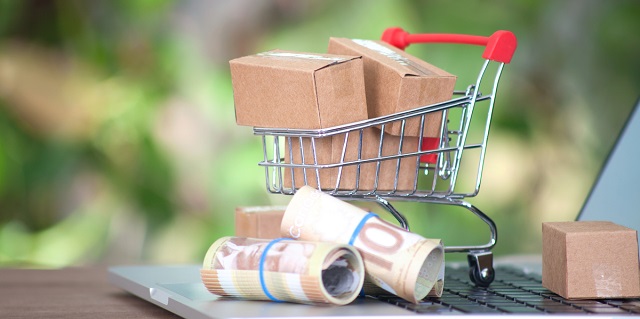According to a recent study from Payments Canada, alternative payment methods are gaining traction and the use of cash to conduct transactions is on the decline. Credit and debit cards have been in common usage for many years in Canada, but as technology has advanced, connecting credit and debit cards to smart devices has made it even easier to use these cards for everyday purchases.
For many consumers, the ease of use has made credit and debit cards the primary way to pay at the counter and this raises the question – do we even need physical cash in today’s world?
The end of cash as we know it?
Despite the use of electronic payments, it’s unlikely that the need for paper money and coins will be phased out completely – at least not in the short term. Keep in mind that not everyone has a bank account to which they can link a debit card or credit card and while these individuals are certainly in the minority, some people still rely on cash.
So, while we may not be quite ready to go entirely cashless, it’s fair to say that contactless payments are on the rise. Interestingly, this is being partially driven by the COVID-19 pandemic and the need to minimize contact as much as possible.
Most stores that currently accept debit or credit likely also offer tap, so with these vendors, you’re already using contactless payments. With mobile payments, you can make tap payments using your mobile device. Not only is this contactless, but it’s also a secure way of making purchases as it usually requires your biometrics (fingerprint scan or face recognition) before you tap.
Most financial institutions already have mobile payments built into their apps, so it’s just a matter of you reaching for your phone instead of your debit or credit card when you make a purchase. If you have a smartphone or smartwatch that supports Near Field Communication (NFC) and a banking app installed, you can go completely cashless now. However, this assumes you only shop at merchants which allow tap payments. If they only accept cash, then you’re out of luck.
How about cryptocurrencies?
When cryptocurrencies were first introduced, they were billed as the future of payments because they were impossible to counterfeit. It was also appealing since the system was not issued by a central authority, so the value couldn’t be manipulated with government or central bank intervention.
While there’s no denying that cryptocurrencies have gained an enthusiastic following over the years, it’s highly unlikely that they’ll be used by the general public for everyday transactions. Keep in mind that, while we typically hear about the major cryptocurrencies out there like Bitcoin or Dogecoin, there are actually many, many cryptocurrencies available. If cryptocurrencies were to become more “mainstream”, it would require quite a bit of regulation which would defeat the whole purpose of the system. That’s not to say cryptocurrency is going away, it’ll just continue to fill a niche that appeals to some investors.
Final thoughts
So, is a cashless society possible? As we have seen with the rise of alternative payment options, from a technical standpoint it is certainly possible, but not likely in the immediate future. While the majority of Canadians may have the tools to go entirely cashless, not everyone is ready to make the change. However, as alternatives to cash gain greater acceptance, there may be a time when a physical currency will no longer be required.



 Travel and lifestyle
Travel and lifestyle